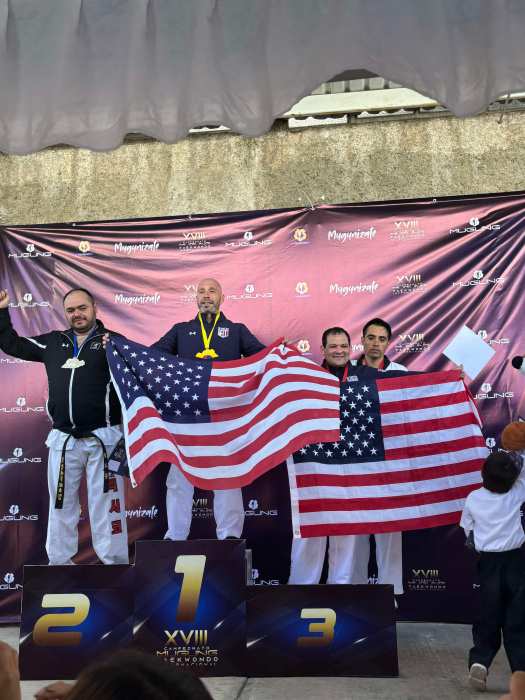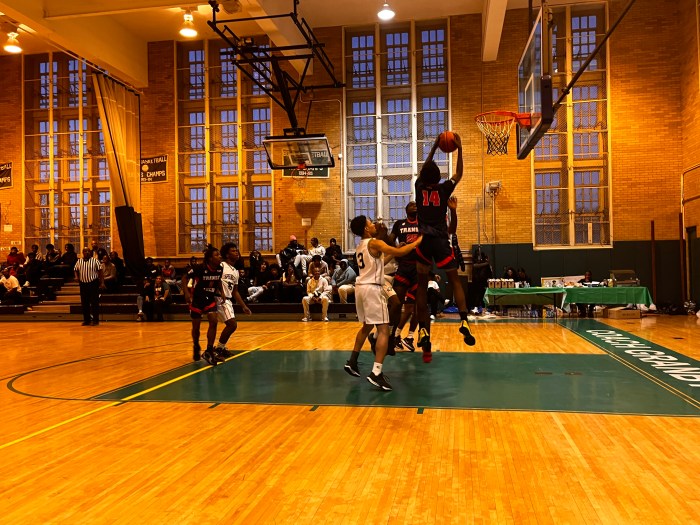A southeast Queens native’s efforts to transform underutilized green spaces in her community and beyond is receiving recognition through a special campaign celebrating people who displayed their leadership capabilities during the COVID-19 pandemic while influencing those in pursuit of a brighter tomorrow.
Alicia White, founder and executive director of Project Petals, is one of four individuals selected for the campaign “Resiliency Rising” sponsored by People Magazine and U.S. Bank spotlighting her extraordinary work to assist the public in obtaining basic necessities during the pandemic.
“It means a lot to me and the communities I’ve worked with and shows that the work we are doing is being recognized,” White said. “The work that I do is not highlighted all the time. It was flattering, but it was also a positive moment. It’s been a difficult year, especially with the pandemic, and it was a good surprise.”
White is a social entrepreneur, urban strategist, adviser, innovator and advocate with a passion for expanding the environmental and economic growth of low-income and under-resourced areas.
Through Project Petals, White focuses on the revitalization and development of communities in need. The organization provides and helps people access the tools and resources that will help them prosper in their environment.
“We work primarily in under-resourced communities throughout New York City, which are usually underfunded when it comes to green space,” White said. “We create sustainable green spaces that community members can use.”
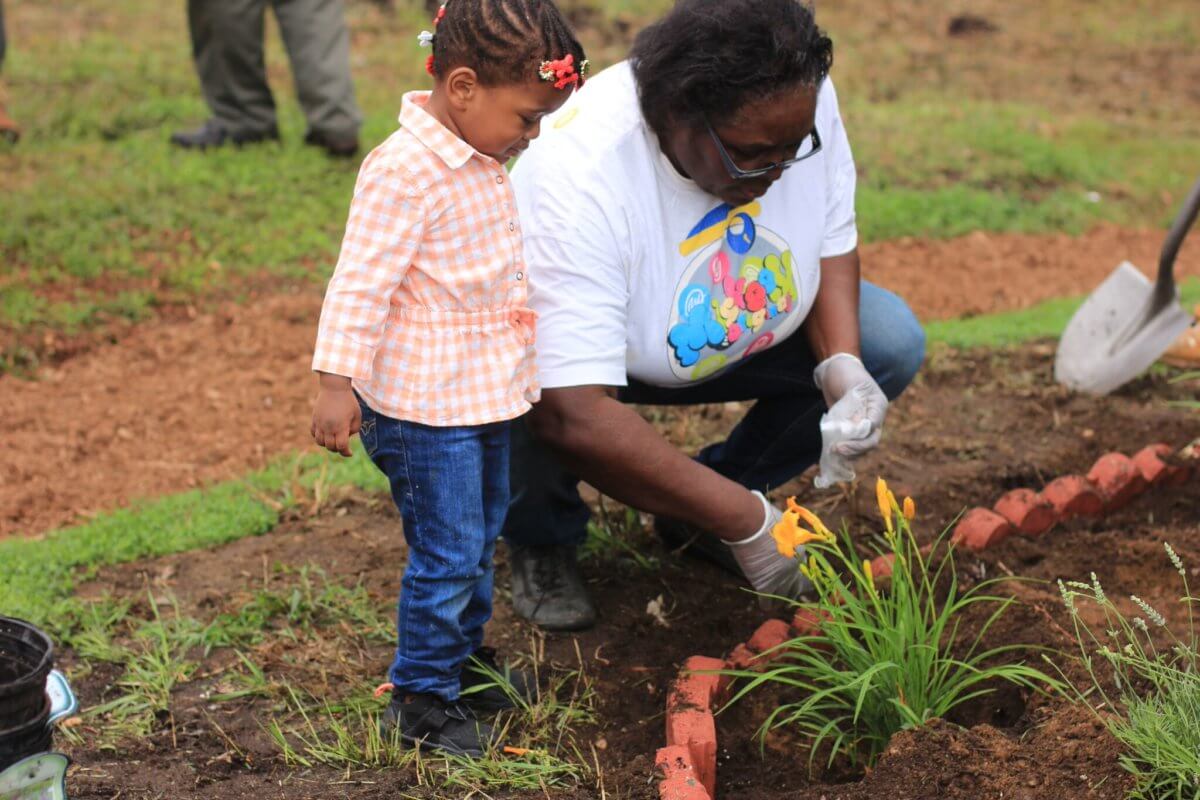
With a background in grant-writing, White is able to receive funding from foundations and companies interested in sustainable development and community members through fundraising initiatives, she said.
“When I started my own organization I thought it would be easy, but it’s not. Black-led organizations by women don’t get the same amount of funding,” White said.
White also established the Youth Builders Program, where young people can learn more about architecture, engineering, program planning and design.
The program gives youth a chance to learn about these careers while providing them with access to mentorships and professionals in order to obtain internships, letters of recommendation and an idea of what they want to do after high school, White said.
It also gives youth the opportunity to improve their communities.
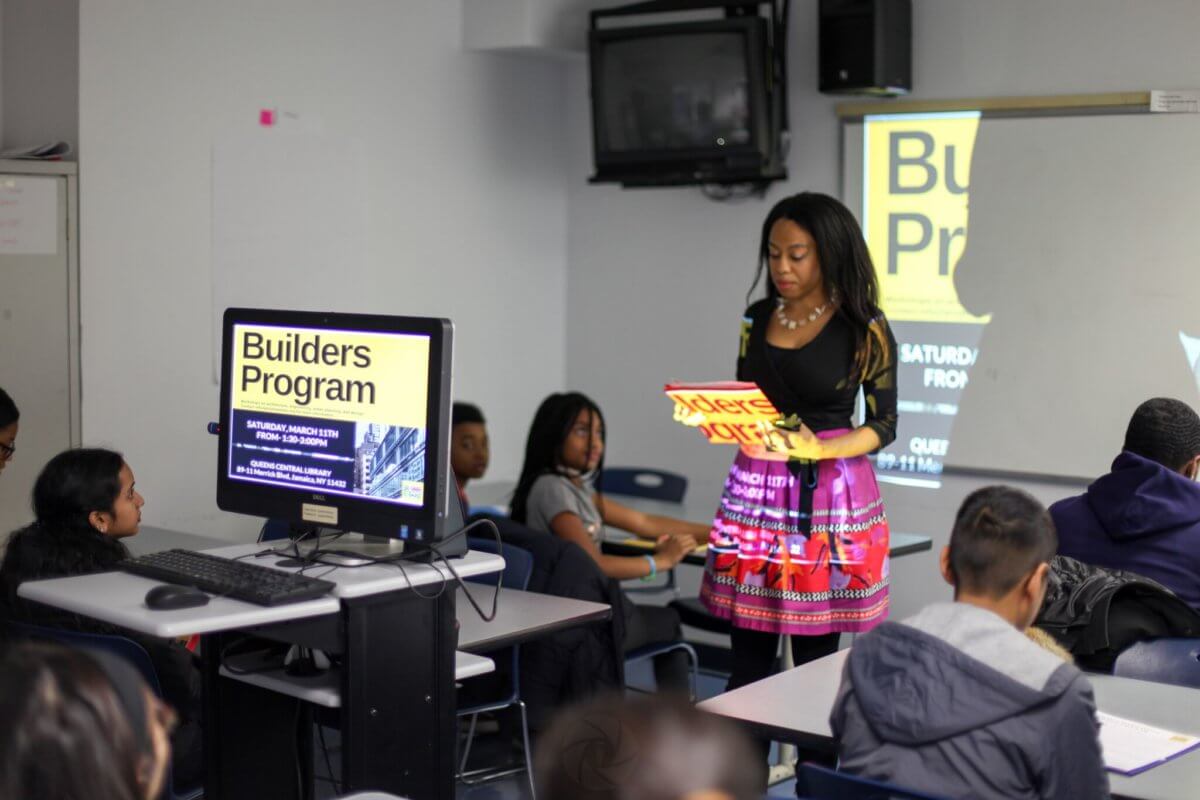
For White, Project Petals was her childhood dream while growing up in Jamaica, Queens, she said.
“It was my main inspiration. I would travel to Manhattan and go to Central Park and see all of these beautiful environmental spaces, and I would think, ‘Why don’t I have that where I’m from?’” White said.
Years later, White’s mission became clear when she saw an abandoned lot on her way home from work.
The access to the Long Island Rail Road that residents in her community used at the time, according to White, was a dirt path and acres of environmental space that was used as a dumping ground.
“There was a senior that lived next door and she would take care of the space by herself. I saw her while coming from the train one day and I asked, ‘Do you need someone to come out and help you?’ and she said, ‘That would be great. I’ve been doing this for years and the city won’t help me clean up because three city agencies own the property,’” White said.
The Railroad Park, which is owned by the Parks Department, Department of Transportation and the MTA, became White’s main project and then a capital project.
White contacted the three city agencies and her local senators to remedy the situation. She then organized a group of local volunteers to clean up the space and petitioned for funds and found donors to provide landscaping supplies. The site was designated as an official park and created a commuter path so people could enjoy the green space on their walk from home.
White has also conducted cleanups in Brookville Park, Rosedale, Roy Wilkins Park and other parts of Jamaica.
During the pandemic, White worked in the Garden of Resilience in Laurelton and spearheaded initiatives at a time when the public was utilizing their local parks and green spaces amid a citywide shutdown to curb the spread of the coronavirus.
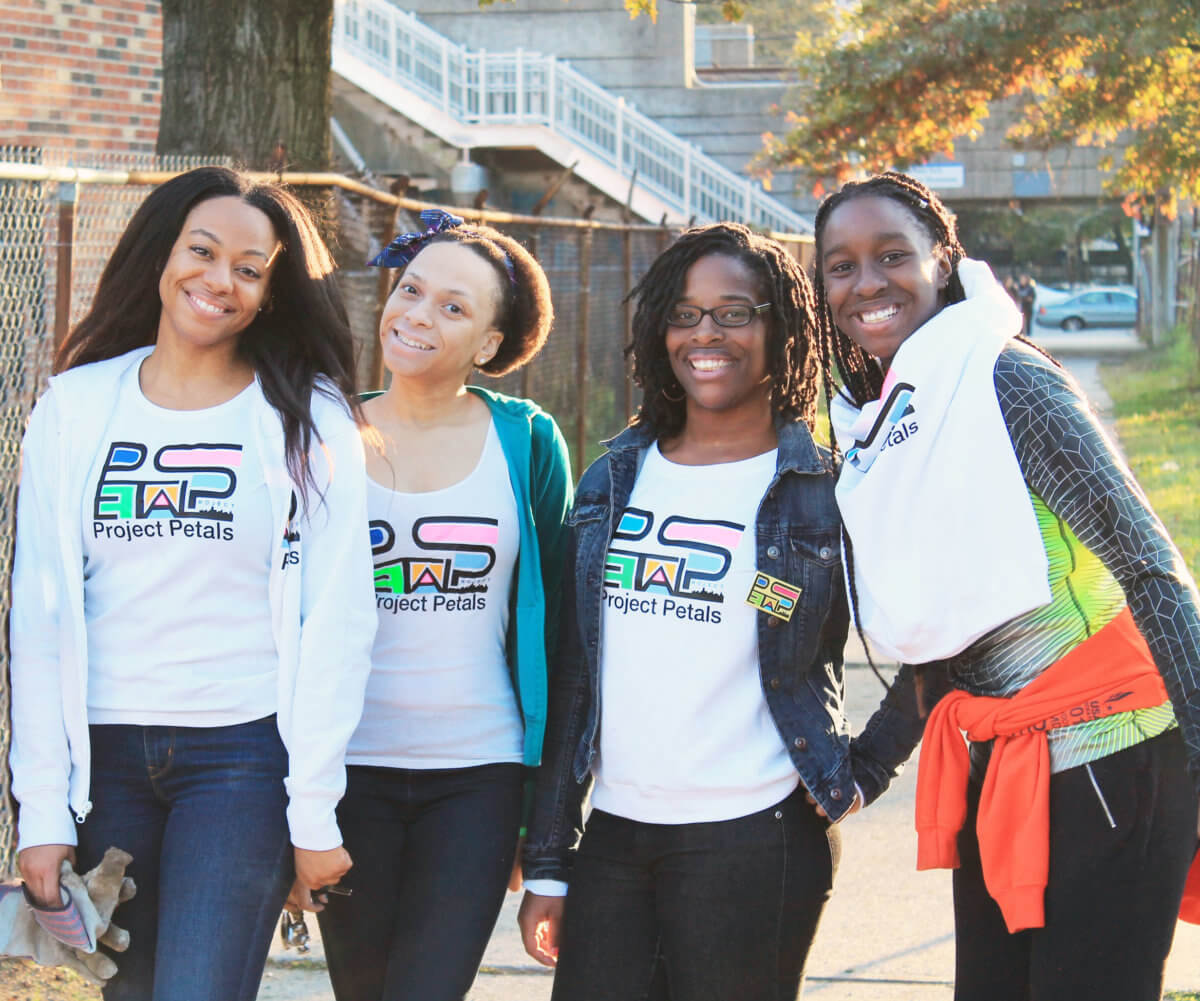
“These environmental spaces we created were in use more than ever. People didn’t have space at home, sitting inside all day,” White said. “It was a way for people to get out and our green spaces and garden spaces gave people a chance to grow their own produce, do food drives and distribute PPE.”
As people shifted from in-person gatherings to virtual Zoom meetings during the pandemic, it proved to be a difficult and scary time for White.
“We connected with community groups that we worked with throughout the city to see how they’re doing and how we can assist them in any way,” White said. “We had to switch from in-person meetings to Zoom calls, phone calls, emails and text messages.”
Today, while they’re operating at a limited capacity, White says the spread of the COVID-19 delta variant has led them to scale back their projects and number of volunteers.
“Before COVID, we’ve had volunteers come out in large numbers from all over the city, but now we are keeping it to specific community groups that know each other,” White said.
While Project Petals started as an idea and has now blossomed into a full-time mission, White says she hopes to expand to the New York City metro area and even nationally.
For White, Project Petals means community and building a community around a common goal of improving the environment and then explaining to city agencies the need for funding.
“It means a brighter outlook on our environment and how communities like mine can improve and function,” White said. “We deserve the resources that some of the ZIP codes with the most funding get. We deserve the same resources, access and tools.”


